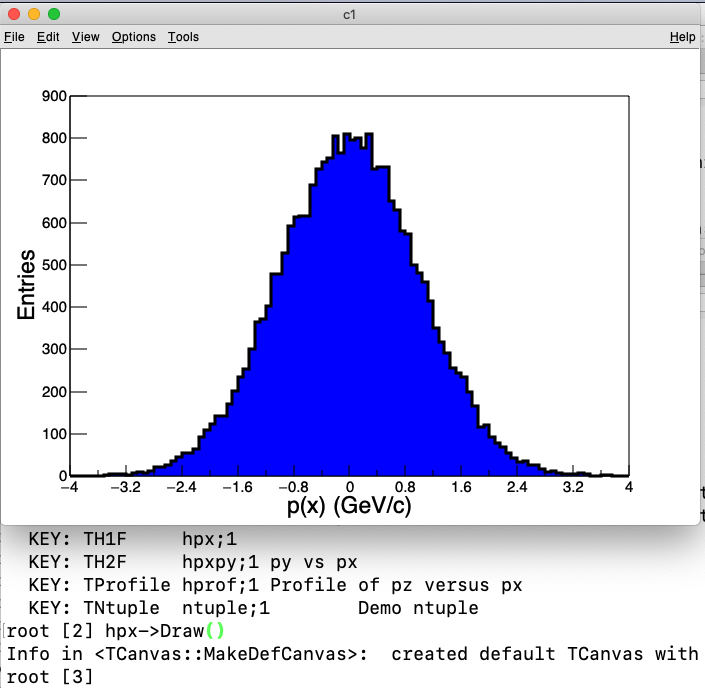Interactive C++ for Data Science--Vassil Vassilev, David Lange, Simeon Ehrig, Sylvain Corlay
 Helping research.
Helping research.
Interactive C++ for Data Science
by Vassil Vassilev, David Lange, Simeon Ehrig, Sylvain Corlay
From the article:
In our previous blog post “Interactive C++ with Cling” we mentioned that exploratory programming is an effective way to reduce the complexity of the problem. This post will discuss some applications of Cling developed to support data science researchers. In particular, interactively probing data and interfaces makes complex libraries and complex data more accessible users. We aim to demonstrate some of Cling’s features at scale; Cling’s eval-style programming support; projects related to Cling; and show interactive C++/CUDA...

 Interested?
Interested?